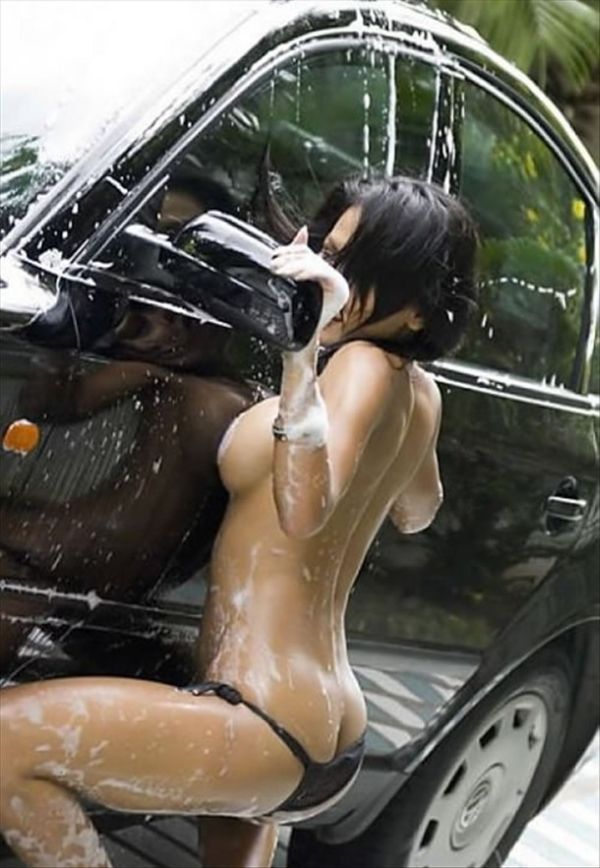
It is clear that, in his appearance before the Corvette faithful in Bowling Green on May 1st, Corvette Chief Engineer Tadge Juechter regretted speaking as freely as he did to our reporter, industry veteran and Corvette owner Don Sherman. Mr. Juechter can spin his comments all he wishes, but a careful reading of our story, which is reprinted here, reveals that 75% of the story consists of verbatim quotes from Mr. Juechter himself. At the end of our piece, Don Sherman prognosticates about the future Corvette; it is crystal clear to the reader that at this point in the story, it’s Don Sherman making educated guesses, not Tadge Juechter speaking. At no point did Don quote Mr. Juechter as definitively stating that a V-6 is in the works for C7, but he did indeed predict that a V-6 is a POSSIBILITY, based partly on Mr. Juechter’s comments that most certainly implied that this is the case. Don also makes it clear that, in his opinion, a V-8 is a certainty for the next Vette, but speculates that it might not be standard equipment.
It is a bit rich that, at this juncture, Mr. Juechter stands in front of a Corvette crowd and says about Automobile Magazine, and about print automotive enthusiast magazines in general: “Don’t believe any of what you read. Most of it will be wrong. They may guess on some things luckily, but most of the time it will be wrong. It can [even] be attributed to me and be totally wrong.” Well, when 75% of the article is verbatim quote from you, Mr. Juechter, is the article 75% wrong?
Mr. Juechter wishes to dismiss the entire category of automotive enthusiast print magazines out of hand. This is a strange approach, given that Automobile Magazine and its competitors play a major role in promoting Corvette enthusiasm, even now when, as Mr. Juechter readily admits, the next-generation Corvette is still years away.
- - - - - -
Last summer, a funny thing happened on the way to GM's bankruptcy. Government practitioners sent to administer CPR discovered a jewel in the rough -- the perennially profitable Corvette. Without hesitation, they shifted the next-generation Vette from indefinite hold to fully funded program.
For engineers like Tadge Juechter, who has developed Corvettes for seventeen years, it doesn't get any better than a green light from the U.S. Department of the Treasury. "We began working on C7 last fall," the fifty-three-year-old chief engineer explained. "We haven't announced production timing, but past Corvettes required three to four years of engineering and development. So there will be several more years with the current body style before a new model arrives."
Asked what new technologies we should expect to see in the next Corvette, a cautious Juechter answered, "Fuel economy is an obvious priority. Today's Corvettes provide excellent mileage, but we intend to pursue any strategy that has the potential of improving both fuel economy and performance."
Asked whether V-8s will remain a core attribute, Juechter offered a surprising response, "Corvette will always be a high-performance sports car, so that means it must continue to offer high-performance powertrains. Acknowledging the fact that the world is full of high-output V-6s, including a few at GM, I'd say that nothing is off the table at this point. We're in the due-diligence phase of determining which engines will yield the best C7. Considering V-8 alternatives is analogous to our move away from pop-up headlamps, a Corvette tradition for four generations. But the bottom line is always whatever strategy delivers the best car."
When chided for the lack of transmission and driveline innovation during the C6 era, Juechter became defensive. "The popular perception that more transmission speeds means higher efficiency is not supported by our analytical results," he said. "Corvette engines have broad torque and power bands that don't need extra gears to hold them at their efficiency peaks.
"The wider ratio spreads offered by seven- and eight-speed transmissions are useful to a point. But with extra gears come extra moving parts and spin losses. While dual-clutch transmissions tend to be more efficient than torque-converter automatics, they still exhibit slippage during launch.
"All-wheel drive makes a lot of sense in some applications, such as expensive sports cars and for sedan buyers seeking maximum security in bad weather. We like the additional launch traction provided by all-wheel drive, but the extra mass diminishes performance and mileage. And since the Corvette has traditionally been a three-season sports car, we don't have customers clamoring for improved winter mobility.












0 comments:
Post a Comment